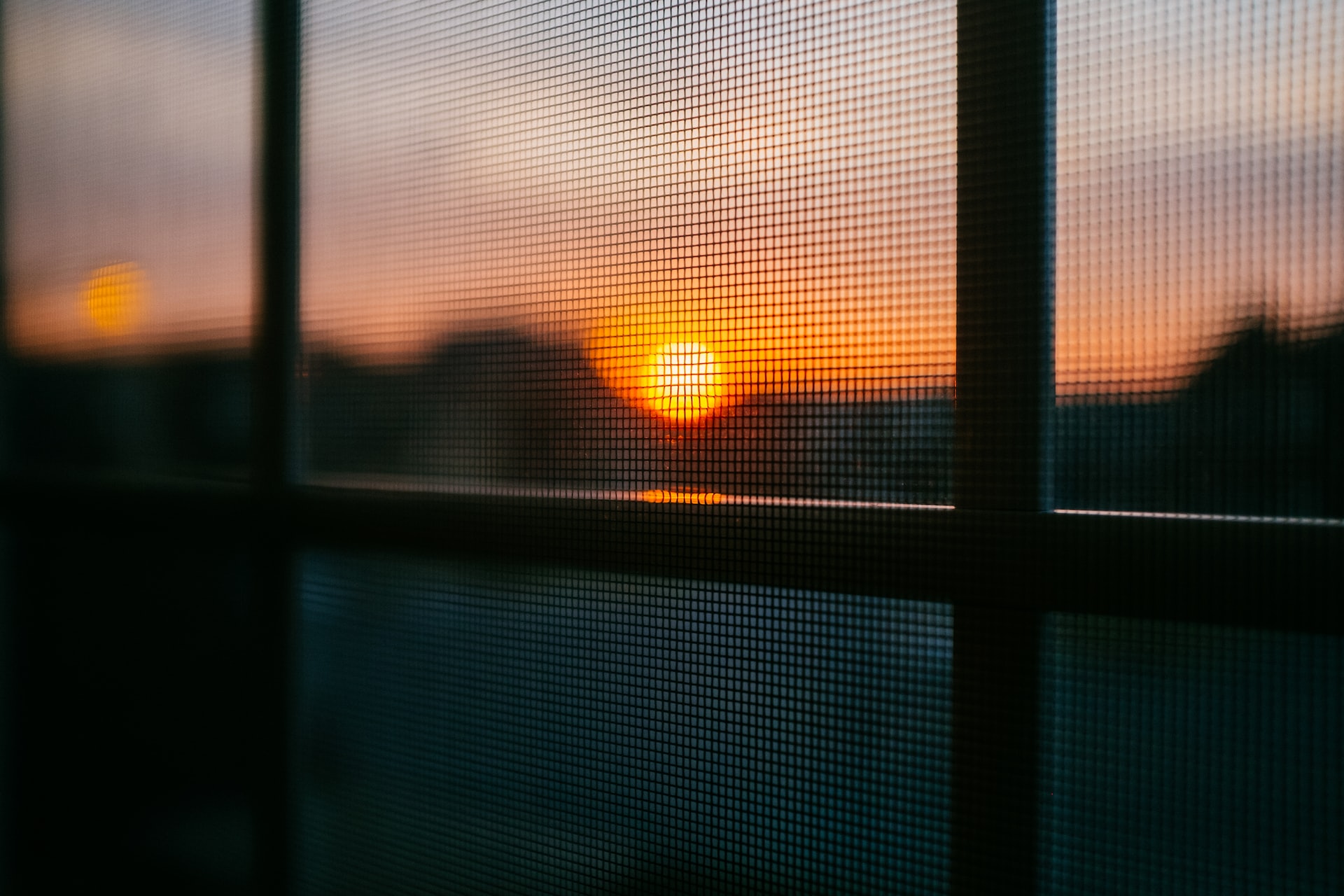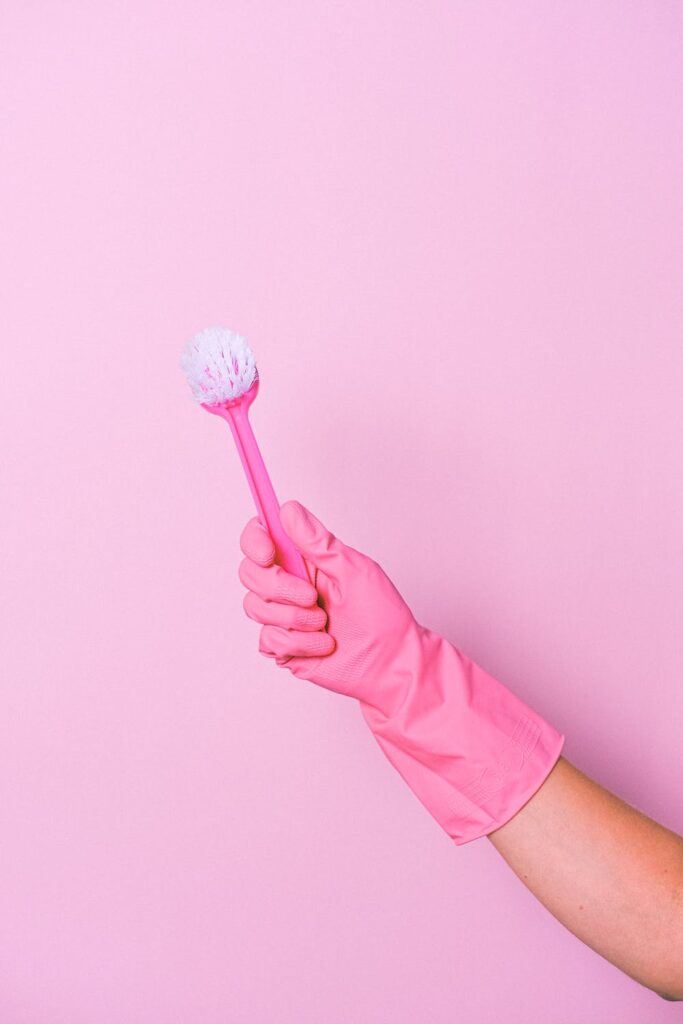We’ve never met a single person who gets excited about cleaning screens. Most of us put it off until it can no longer be avoided, which means you can’t see out your windows. Dirty screens obstruct your view and can impact the air quality filtered throughout your home.
How To Clean Window Screens
There are numerous methods for cleaning screens depending on the severity of the dirtiness. Still, to be on the safe side, it’s crucial to deep clean all of your window and door screens at least once a year — and there are some relatively simple methods for accomplishing this unpleasant task. You can clean quickly with a lint roller or thoroughly with a soapy bath and toothbrush. We’ve even covered you for those seemingly unsalvageable rusted screens you were about to replace. Once you’ve started cleaning, you might as well learn how to clean your dishwasher, the most effective grout cleaners to keep your tiles looking brand new, and how to remove black mold permanently. You can complete these tasks while your screens are drying.
Lint Remover
If your screens aren’t particularly filthy, use a lint roller. It can collect loose dirt and dust without disassembling the screen, and a smaller lint roller allows easier access to small crevices.
Vacuum
A vacuum is the most convenient way to remove loose dirt and grime. To avoid damaging or stretching your screens, use a soft bristle attachment. Add this to your monthly cleaning routine to keep window screens nice and clean. Remove the screens and place them on a drop cloth before vacuuming for more thorough cleaning.
Bath in Soapy Water or Vinegar
When your screens are caked with grime, it’s best to bathe them. Do this on a sunny day when the screens can be dried outside.
Remove your window screens and place them outside. If you have many screens, label them with masking tape and a marker to make later re-installation easier.
Mix 1/4 cup all-purpose dish soap with 1/2 gallon water. You can substitute 1/4 cup of household vinegar for the dish soap.
Lift the screen upright and gently wash it with soapy water using a sponge or dishcloth.
Before the screen dries, hose it down with the lowest pressure setting to remove any remaining soap. Rinsing the screens in the shower is an excellent substitute if your hose does not have a location for a light spray of water.
Allow the screens to air dry for a few hours. When completely dry, vacuum them with the soft bristle attachment to remove any remaining dirt before reinstalling them.
Detergent
If your lint roller isn’t removing all the dust and dirt from your screens, use a detergent. Wet the foam and gently scrub the screen, being careful not to stretch or damage it. The extra-strength eraser is recommended because it can withstand prolonged scrubbing on a rougher surface. You can complete this task without removing the screen.
Toothbrush
Give your screens a soapy bath and a slightly harder bristle brush, such as a toothbrush, to remove the grime. If you press too hard on it, you want to keep the screen in shape. It may be time-consuming, but a toothbrush can smash through any dirt lodged in those tiny holes, nooks, and crevices.
Washing Under High Pressure
Pressure-washing screens work best when they are not detachable and only if your pressure washer has a low-intensity setting. If that doesn’t work, try washing your nets with a hose. A nozzle attachment with multiple locations will help to remove grime.
Repair for Rusted Screens
The elements are harsh on outdoor metal screens, but there’s a solution:
Allow the rusted areas to soak in household vinegar for several hours. It is easier to remove the screen, but if you can’t, rub vinegar over the area with a cloth every couple of hours.
Scrub the rusted areas gently with clean water and a bristle brush. It will take time, but it should remove most of the rust.
If the rust persists, try a solution of baking soda and water. The consistency should be similar to toothpaste. Scrub the mixture into the rusted areas with the brush until it comes clean. When finished, thoroughly rinse the screen and wipe it dry with a cloth!
Hiring a professional cleaning service is still the best option to ensure that your window screens are adequately cleaned and professionally taken care of. Contact Affiliated Building Maintenance to learn more!








